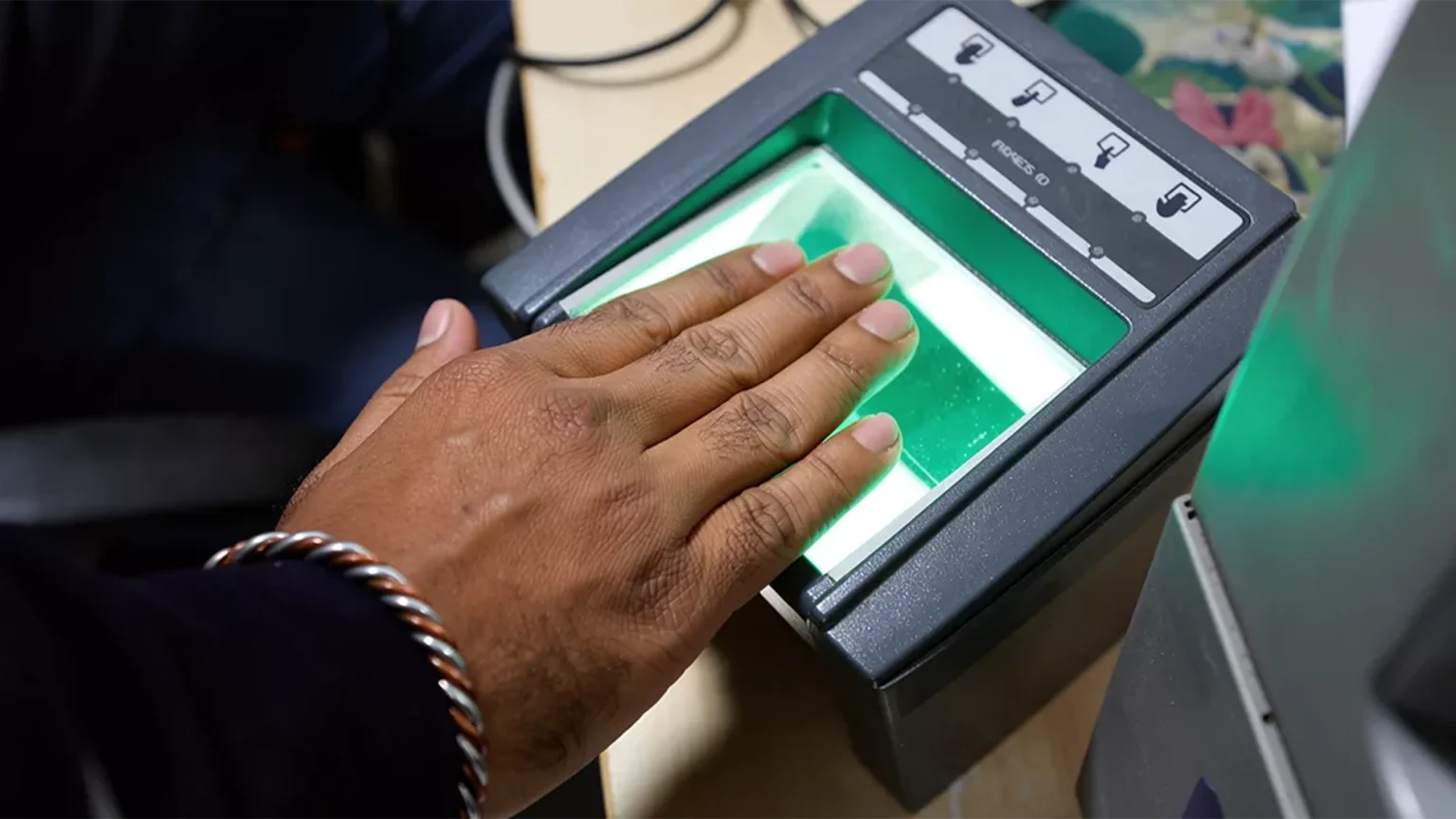By Engr. Aliyu A. Yakubu
In its quest for catching up with the global advancements in educational sector, Nigeria is craving for an Educational Technology (Ed-Tech) feat, among other technological driven strategies to achieving the aim. The Ed-Tech has to do with the use of the likes of iPads and the Alexa Voice – Assistance toys for Nursery School pupils, the Power School Devices for Primary School pupils and the Google Classroom Devices for the Secondary School students.
Of course, the importance of the Ed-Tech and most especially, the 21st Century E-Learning concept cannot be overemphasised, as it makes learning easier and more comprehensible. But, is this feat possible in the Nigerian educational sector of today?
Many of the scholars who are vehemently opposing such a move hinged their arguments on two major hiccups which are, infrastructural deficit and the peculiar Ed-Tech challenges. Yes, for a country still battling with an epileptic power supply, even in the major cities and with nothing to write home about in almost all its rural communities, talking about an e-learning at the same time, sounds more of a mirage than even a miracle! The Ed-Tech challenges on the other hand as recently observed in the conduct of the Joint Admission and Matriculation Board (JAMB) examinations, is something to worry about. It is a notorious fact that Ed-Tech challenges are also confronted by the educationally advanced countries but the peculiar factors attributable to this clime which is due to the human, otherwise called, ‘the 9ja factor’, can make the entire efforts fruitless.
For instance, in its quest to finding future solution to the 2025 E-JAMB Examination menace, it formed a “Special Committee on Examination Infractions”, the result of which was pathetic. Meaning, the whole report blamed the parents as the key cause of the resulted infractions, not the Ed-Tech factors as obtained in other climes. That is, it was reported that the ‘AI impersonation’ and ‘finger blending’, among other infractions, which are caused by the over ambitious parents who wants their children to be; accountants, economists, lawyers etc. at all cost to be the bane to the success of the JAMB e-examinations as it were.
Now, if the JAMB which is limited to only few centres with the needed infrastructure and under the strict supervision of its officials can be ridiculed as such, what more of the WAEC that had wider student coverage, yet with no matching facilities and almost lack strict supervision? These are the main arguments of the people antagonistic to the adoption of e-examinations or the computer based tests (CBT) in the Nigerian state of today. But my peculiar argument is hinged on another perspective, in contrast to the duo above.
Many people are mere carried away by the supposed advantages of ‘anything technology’ in virtually everyday life, without weighing the consequential effects of same on their entire lives and those of their dependents. As “a born (not trained) teacher”, I have been skeptical about most of the e-learning concepts across the globe and particularly more antagonistic to the entire e-examination concepts, since the inception of the “e-stuffs” in this blessed 21st century. I observed with dismay that most of the students who are good in technological manipulations are virtually poor in logical deductions, intellectual capabilities and even worse in mathematical expressions.
Yes, I almost stood loner by this philosophy for years, not until recent studies carried out in a far-away Sweden by the ‘Karolinska Institute’ affirmed my age long assertion. That research outcome made it clear that evidence exists that scientific tools impair, instead of enhancing learning. As such, Sweden is becoming the first country in the entire globe to kicking out ‘Tech’ off its classrooms and thereby re-investing in books, papers and pens! In fact, the report has it that “students who use computers very frequently at school do a lot worse in most learning outcomes” and this fact cannot be denied, except one is either a miracle warrior or an agent of doom.
Also as an instructor who observed same challenges within the security training institutions, I am coming up with the proposals on how the police recruitment exercises can henceforth be pen driven, against the current computer based tests which are mere charades. That is, anybody who can express his or herself very well by the power of pen, ‘is on the go’ in contrast to the computer expression. By this method, not only qualities in job seekers is to be achieved, but also that the system can be ridden off the incompetent officers.
For instance, this feat can be achieved by mere instructing every job seeker to introducing self by the power of pen, on self – biography, then why seeking for the job and what he or she can do if finally scaled through. By such doing, the best brains can easily be identified through the powers of their pens and the society shall be better, if not ‘best’ for it.
Engr. Yakubu, is a PhD Student on Conflict and Security Strategies, Federal University Lokoja (FUL) and resides at the Independence Way, Kaduna.













